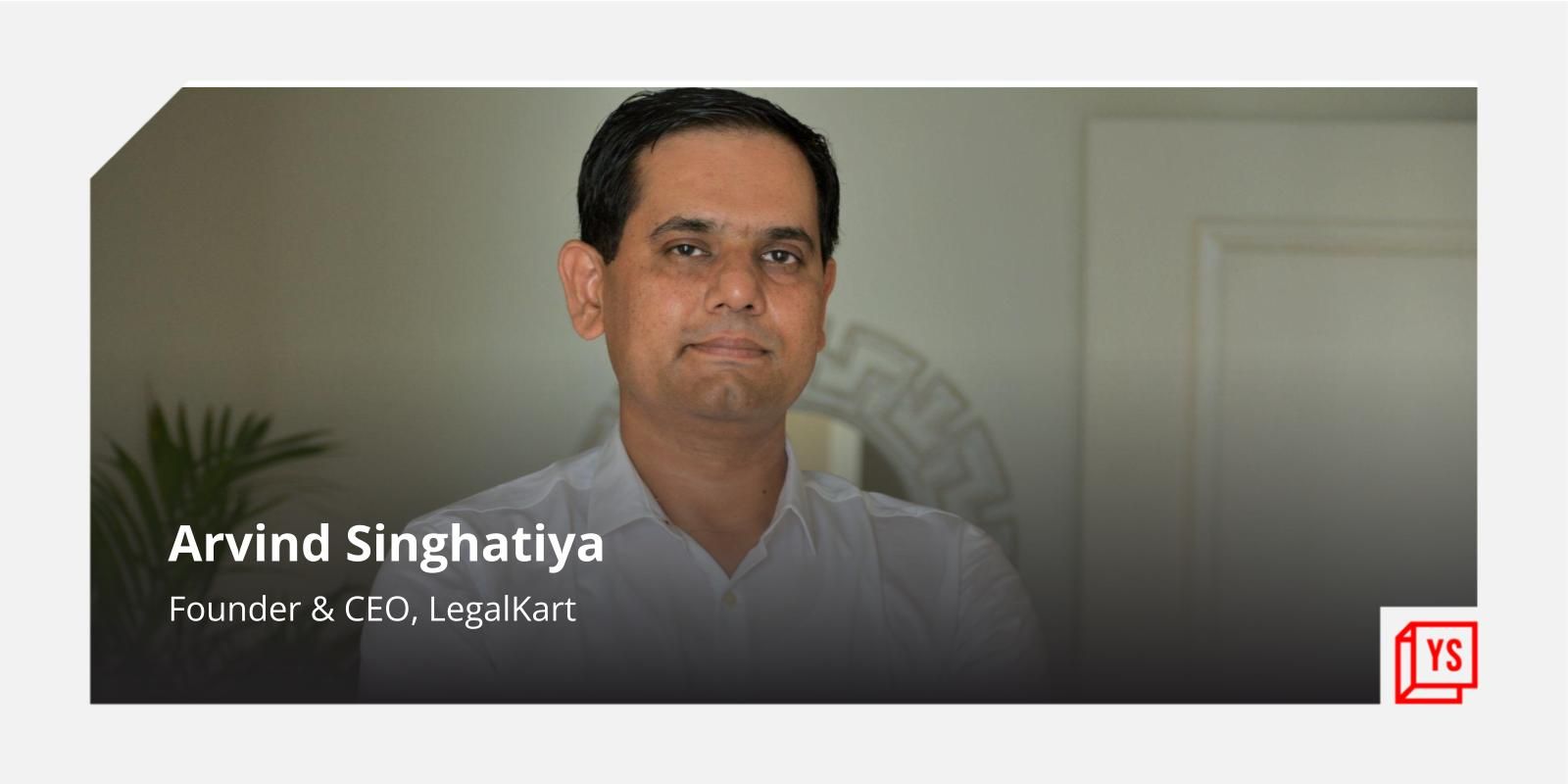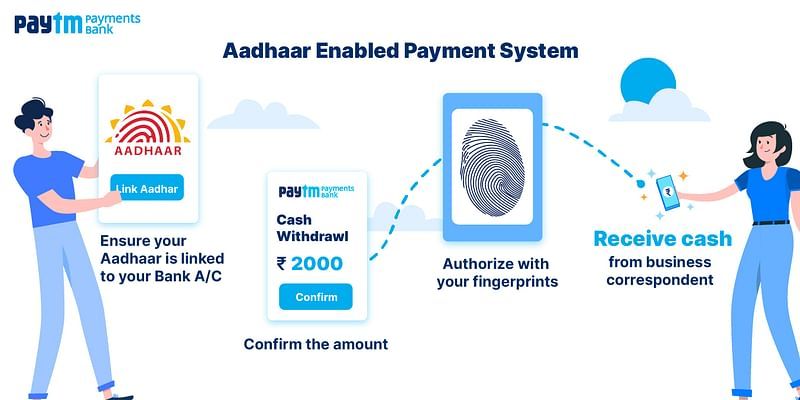Gurugram-based LegalKart aims to become the Amazon of legal services
Legal practice management startup LegalKart helps lawyers assign tasks and synchronise calendars. It also provides services such as financial, client, document and team management.
The legal system in India, and across the world, has fallen behind the curve when it comes to technology-led disruptions. This has created challenges across the system; clients are unable to access legal services while lawyers find it difficult to connect with new clients.
Legaltech startups are now bringing order to this ecosystem. One such startup, Gurugram-based , says it provides instant round-the-clock audio and video legal consultations. This includes advice, property verification, and online document verification, among other services.
Founded in 2019 by National Law University Jodhpur alumni Arvind Singhatiya, the B2C (business-to-consumer) legaltech startup aims to democratise legal access.
“We visualise LegalKart evolving into an Amazon-like legal products marketplace where it will be convenient for the end user to quickly compare, buy, and access the products in an affordable way. We aim to assist in ushering in a transition from traditional to digital lawyers," Arvind says.
Founder and CEO Arvind has over a decade of experience, working with corporates like , Ola Cabs, MetroCash & Carry, ACME Solar, and Federation of Indian Chambers of Commerce & Industry, to name a few.
Arvind says the challenges he faced due to the lack of legal professionals in various parts of the country inspired him to build the platform.
The startup has both an app and a website. The LegalKart Practice Management App is available for both Android and iOS users and has been downloaded over 50,000 times.
How does it work?
"LegalKart is not a legal service provider, nor does it solicit any kind of legal services, but it is a technology platform that facilitates legal service providers through its technology to manage their legal practice," Arvind says.
The startup says it uses “Smart Match Technology” to connect users to available lawyers. Through the platform, lawyers can manage their cases, clients, team, and finances all in one place.

Representative image
Lawyers can assign tasks, synchronise calendars and also access features like financial, client, and document and team management via the platform.
"LegalKart is a SaaS (Software-as-a-Service) for lawyers and law firms. The consultation calls are routed through the smart match technology to ensure that there is no human intervention and that the calls will match the consumer’s specific consultation needs. It is a completely independent software to convert a law firm into a virtual one," says Arvind.
The startup claims to have over 10,000 registered lawyers across more than 900 cities, districts, and locations in India. To use the LegalKart Practice Management App, lawyers are required to upload their Bar Council registration ID.
In addition, it has an empanelment feature with added services for lawyers. This is charged between Rs 1,499 and Rs 4,999 a year.
Voice notes, live case updates, lawyers’ collaborative network, client connect, and one-click financial management are some of the most popular services on the platform, LegalKart says.
Through advisory and documentation, LegalKart says it has so far served over 1.5 lakh customers.
Revenue model
The founder bootstrapped LegalKart with an initial investment of Rs 2.5 crore from personal savings.
For clients, LegalKart operates on a pay-per-minute model. Consultation can happen at any time at the convenience of the user. The minimum duration of a call is 15 minutes.
The platform charges Rs 599 to Rs 999 for audio and video consultations (depending on minutes used); Rs 1,999 to Rs 25,000 for startup services; Rs 2,999 to Rs 9,999 for property verification services; and Rs 999 to Rs 35,000 for documentation services.
The startup takes between 15 and 45 percent of this service fee. The rest is paid to the lawyers.
"We are a product company, and we are standardising legal products with a fixed price and product description along with user ratings to enable end-users to choose and buy," says Arvind.
According to the founder, 30 percent of users come from small towns as well as Tier II and Tier III cities. Further, 20 percent of its users come from the US, the UK, and the Middle East.
LegalKart says it sees 40 percent repeat users on its platform. It has a team of 15 members.
The market
According to Valuates Reports, the global legal service market was valued at about $680 billion in 2021, and is estimated to reach $824 billion by 2027, at a CAGR (compound annual growth rate) of 2.3 percent during 2021-2027.
The startup competes with LegalZoom, Rocketlawyer, and Clio.
LegalKart’s business clients include , , , , , Basic Home Loans, Module Innovation, among others.
Future plans
To bridge the language gap in legal consultations, the platform offers services in 10 different Indian languages. Its services are available in Hindi, English, Tamil, Telugu, Malayalam, Marathi, Kannada, Assamese, Gujarati, and Bengali.
In 2021, LegalKart also launched the ‘Just Consult’ feature on its website to consult legal problems with verified lawyers round-the-clock.
In January 2022, LegalKart raised Rs 4 crore in a pre-Series A funding round led by Mumbai Angels, ShiftAlt Capital, AEVITAS Capital, and IIM Udaipur Incubation Centre.
The startup is in talks to raise a Series A funding round by the end of 2022 to scale in international markets such as Southeast Asia, which is its key target market.
Edited by Affirunisa Kankudti









![[Funding alert] JetSynthesys raises Rs 300 cr from Poonawalla, Kris Gopalkrishnan](https://images.yourstory.com/cs/2/b87effd06a6611e9ad333f8a4777438f/Image84pl-1594114133552.jpg)


![[Startup Bharat] How Siliguri’s strategic location is helping startups grow business beyond borders](https://images.yourstory.com/cs/2/b094ec506da611eab285b7ee8106293d/startup1-1593511323290.png)